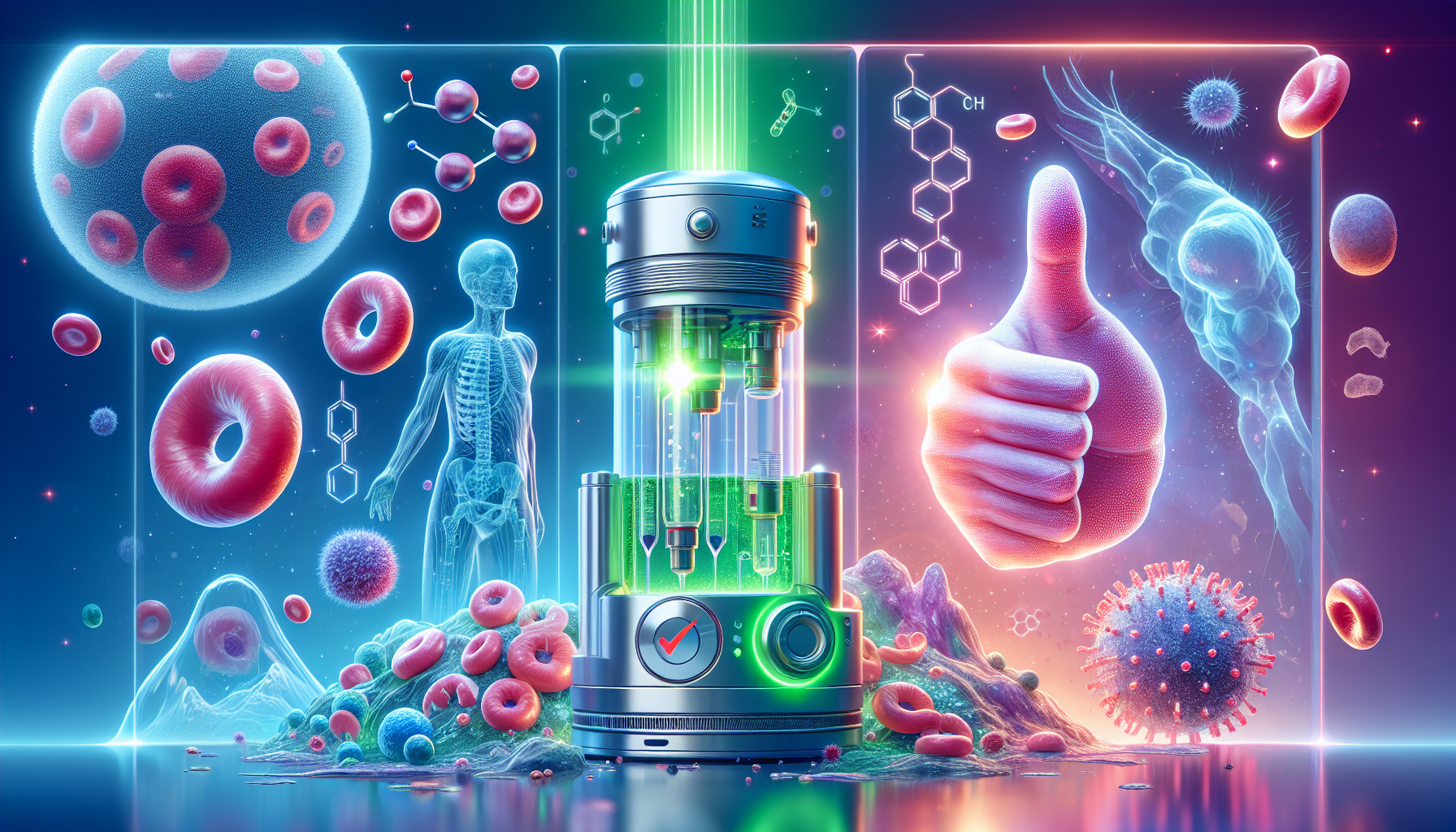New T-Cell Therapy Research Targets Difficult-to-Treat Leukemia
Key Takeaways
- ARC Therapies Inc. begins new T-cell therapy research for treating adult T-cell leukemia/lymphoma (ATLL).
- The collaboration involves the National Cancer Center and the University of Pennsylvania.
- CCR4 CAR-T cell therapy could extend to various T-cell cancers and solid tumors.
Did You Know?
ARC Therapies Inc. Embarks on Pioneering Cancer Research
A major development in cancer treatment has commenced as ARC Therapies Inc. begins its research and development program targeting adult T-cell leukemia/lymphoma (ATLL). This initiative follows the licensing of patent rights from the National Cancer Center in Tokyo, Japan, and the University of Pennsylvania, Philadelphia. The licensed technology involves chimeric antigen receptor T (CAR-T) cell therapy aimed at the chemokine receptor CCR4.
ATLL, a challenging cancer primarily affecting individuals in Japan, may soon have new treatment options thanks to the collaboration among these leading institutions. The potential for this therapy to extend beyond ATLL to other T-cell cancers and even solid tumors presents a significant step forward in oncology research.
Advanced Cell Therapy: What It Means for Patients
The licensed CCR4 CAR-T cell therapy is a groundbreaking approach that customizes a patient’s own immune cells to target and destroy cancer cells. By extracting a patient's T cells and genetically modifying them to attach to the CCR4 protein on cancer cells, this therapy aims to treat cancers more effectively.
With high hopes for translating this research into clinical practice, ARC Therapies Inc. is poised to create valuable treatment options for those affected by these difficult-to-treat cancers. The involvement of established institutions promises a rigorous and innovative advancement in cancer therapies.
Continued Leadership in Cancer Research
The National Cancer Center and the University of Pennsylvania are recognized leaders in cancer research, distinguished by their success in developing the first FDA-approved CAR-T cell therapy in 2017. Their ongoing work in next-generation therapies ensures a progressive approach to combating cancer.
ARC Therapies Inc., formed in May 2022, leverages cutting-edge research from the National Cancer Center Japan to drive their mission forward. This partnership aims to bridge the gap from laboratory research to practical treatments that can significantly improve patient outcomes.
Expert Opinions on the Initiative
Hiroyuki Mano, Director of the National Cancer Center Research Institute, states, "The licensing of CCR4 CAR-T cell therapy reflects the success of our international collaborative research. We anticipate that this agreement will accelerate the application of new T-cell therapies, offering hope for patients with few treatment options."
Rami Suzuki, CEO of ARC Therapies Inc., echoes this sentiment, expressing a commitment to developing these promising therapies. The long-lasting efficacy of CAR-T cell therapy, already demonstrated in other cancers, offers the potential to revolutionize treatment for ATLL and beyond.
The Medical Significance of CCR4
CCR4 is a chemokine receptor expressed on lymphocytes associated with specific T-cell cancers, including ATLL, Peripheral T-Cell Lymphoma (PTCL), and Cutaneous T-Cell Lymphoma (CTCL). The ability to target CCR4 with CAR-T cells makes this approach particularly promising for these cancers.
Furthermore, CCR4 is present on regulatory T cells that surround tumors, suggesting broader applications for treating solid cancers by eliminating these supportive cells. Potential therapies could thus impact a wide range of malignant conditions.
References
- National Cancer Center Japanhttps://www.ncc.go.jp/en/
- University of Pennsylvania Cancer Researchhttps://www.med.upenn.edu/
- ARC Therapies Inc.https://www.arctherapies.com/






